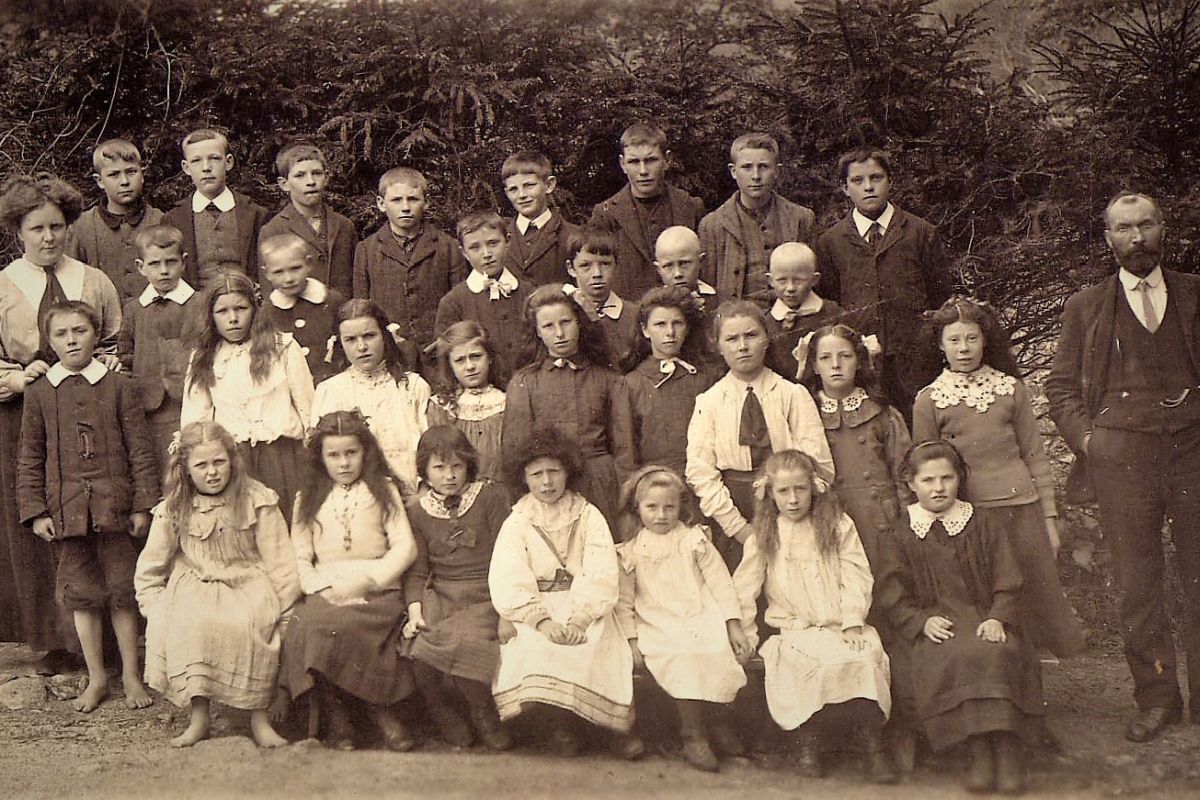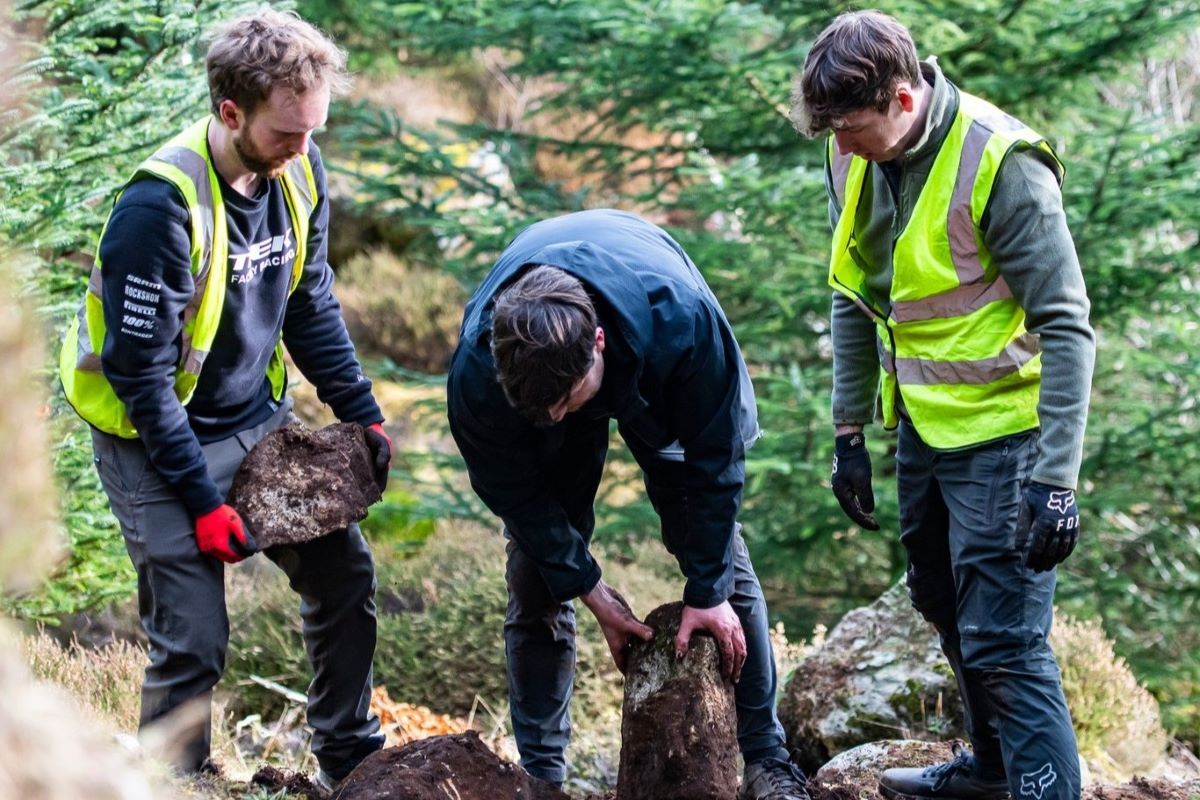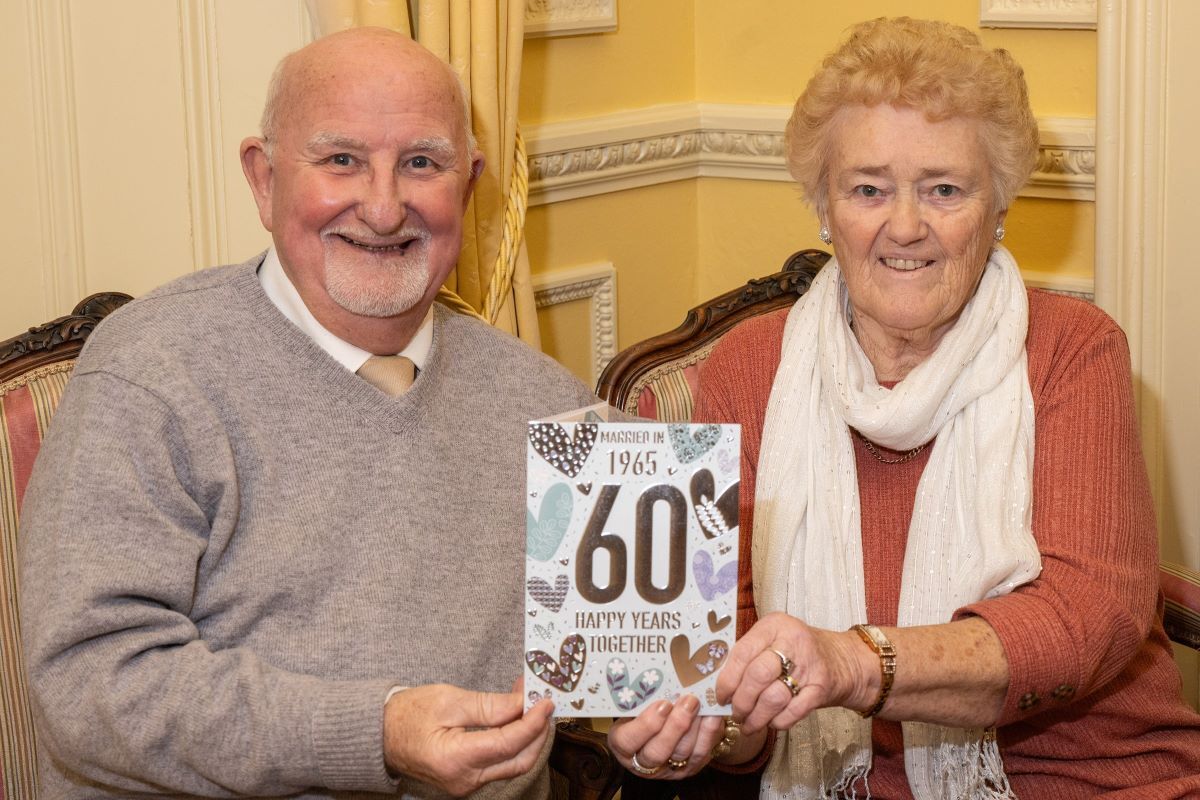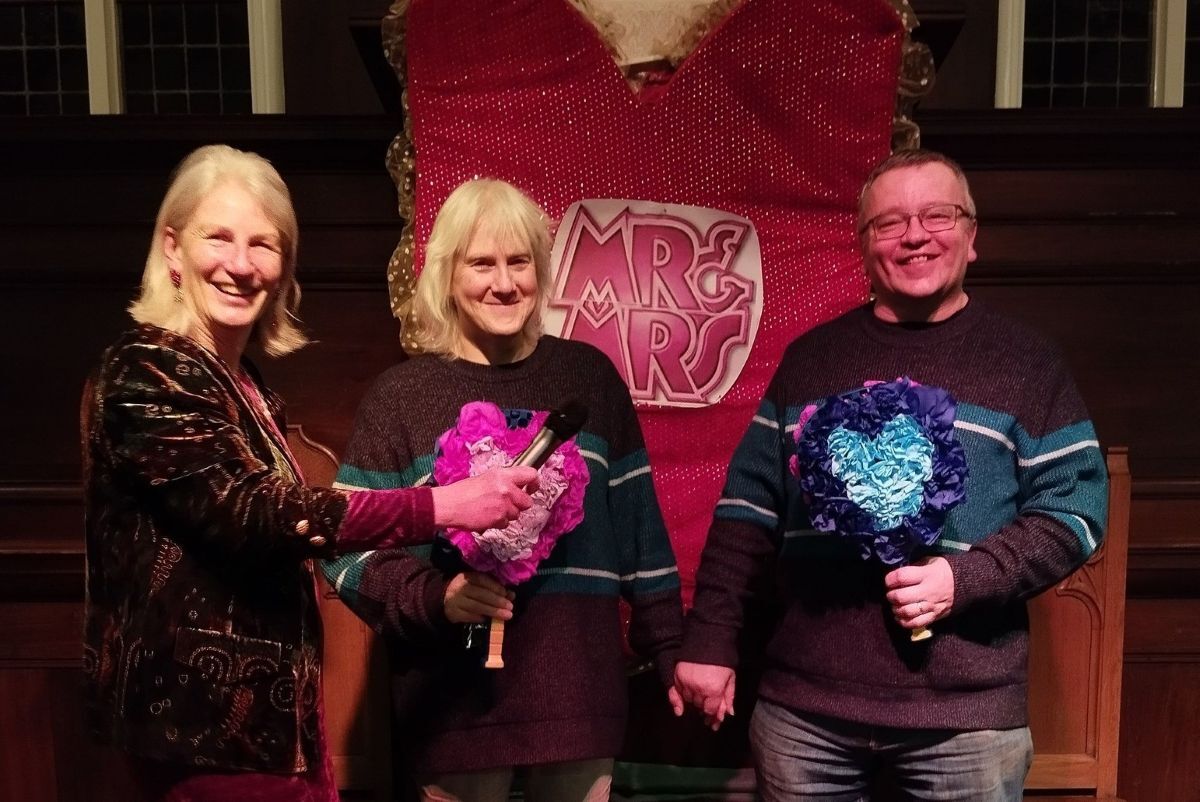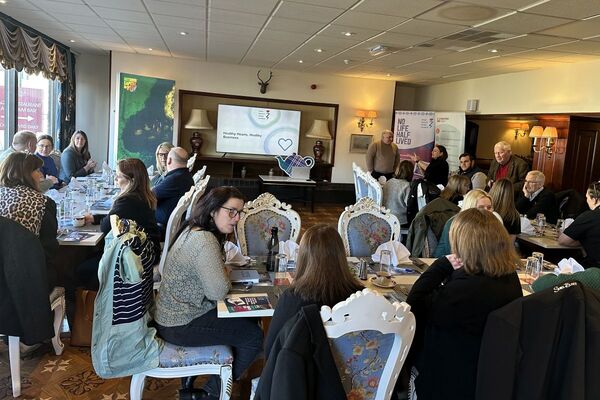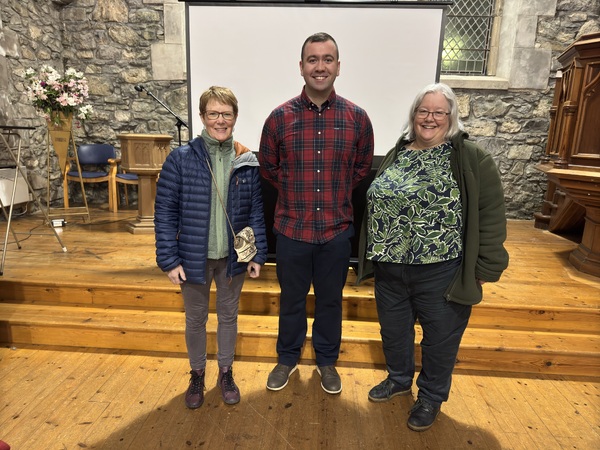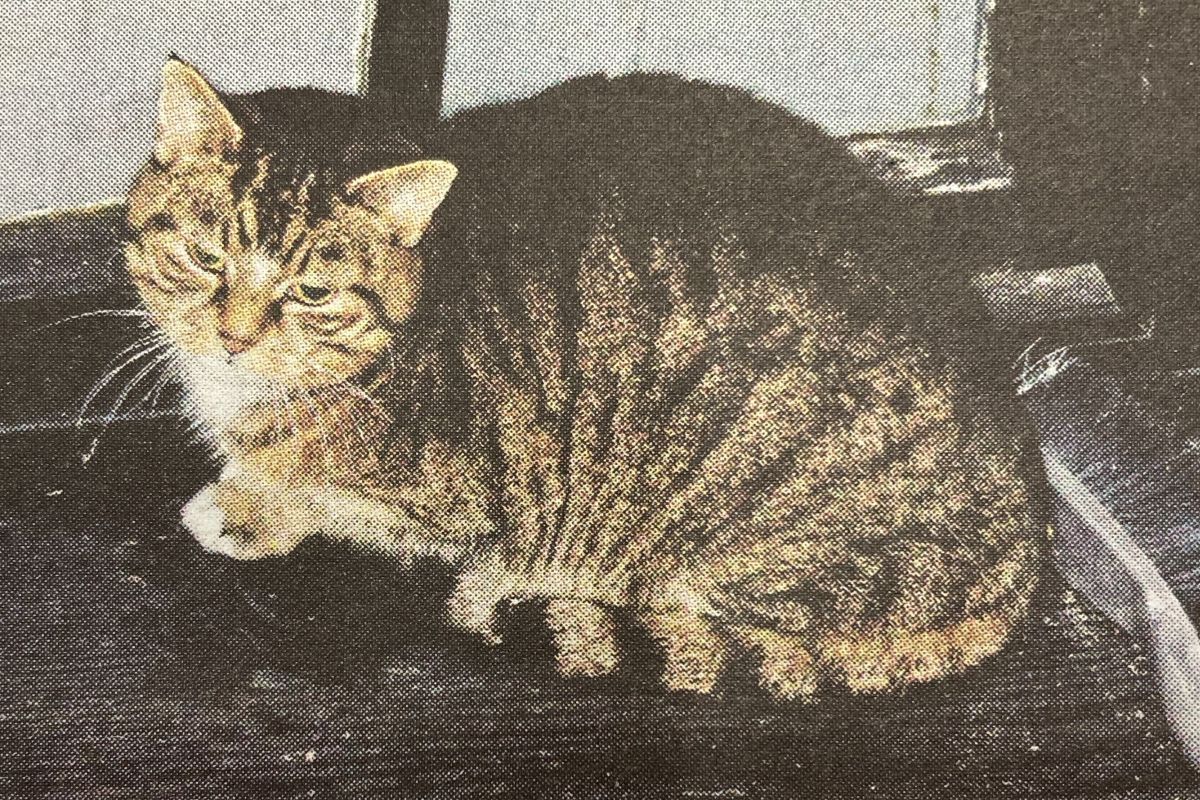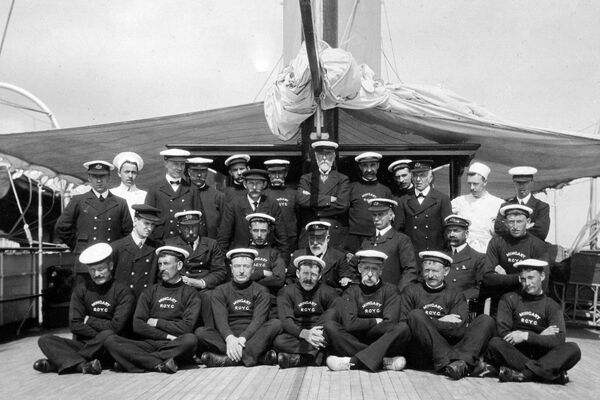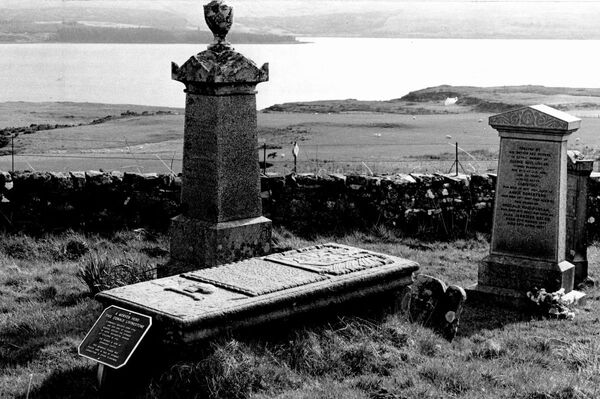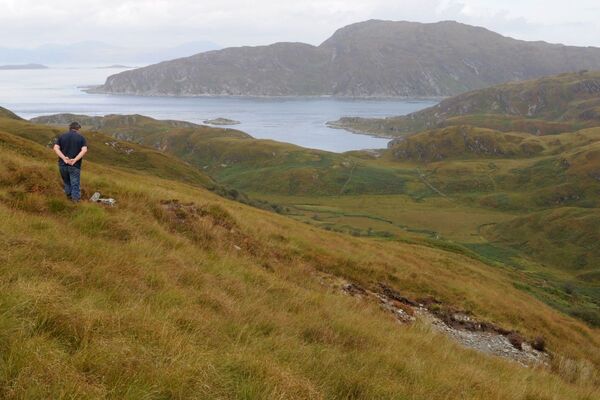Distance learning in remote areas of Argyll
There must be quite a number of men and women still living within the Oban and Lochaber Times distribution area whose secondary education came through Argyll’s unique Correspondence Tuition Course.
The popular scheme, known affectionately as the ‘CT’ by all who participated in it, was launched in 1939, following the outbreak of the Second World War.
It was the brain-child of the late Colin M MacDonald, M.A., D.Litt, who, as well as being Director of Education for Argyll, was a brilliant author and academic whose contribution to the written history of his native land has yet to be fully appreciated.
The CT was for children who lived far away from any secondary school, who would not, or could not, leave home in any circumstances. How it worked in general was that pupils attended the nearest primary school where they were supervised by the teacher who received and returned the regular fortnightly lessons which arrived by post from a team of five teachers in Dunoon.
The lessons covered English, geography, history, arithmetic, algebra, biology and geometry (housecraft for the girls). Pupils successfully completing the three-year course received a certificate.
The only downside was that for obvious reasons foreign languages and the sciences could not be taught. However, if a pupil was interested and the primary teacher willing to help, which most were, especially in remote side schools, extra curriculum was to be had that more than offset the disadvantages of distance learning at that time. Expressing one’s self properly and correctly in writing, which is so lamentably lacking these days, was encouraged and for many pupils this was often a stepping stone to higher education in later life.
In 1950 a distinctive green and yellow magazine called the Outpost was despatched from Dunoon at the end of every session to each pupil who had contributed something to it during the year. Produced on a basic stencil duplicator and running to around 24 pages, Outpost carried a wide range of sketches, poems, letters, old tales (some in Gaelic) puzzles, jokes and conundrums, menus and crosswords.


Here are a few names and some examples from the 1954 issue.
Our School, Richard MacNab, Duisky; Our Coronation Plot, Donald McNaughton, Strontian; Outstanding Events in 1953, Philip Robertson, North Luing; Spring, Hugh MacPhee, Acharacle; An Island Adventure, Alastair Brown, Luing; My Money, Margaret Clark, Dalavich; From the Island of Ulva, Margaret Donn, Ulva Ferry; Ardlussa Youth Club, Christine MacInnes, Ardlussa (Jura); The Age of Speed, Anne MacMaster, Glenetive; Scotch Convoy, Lily Margaret MacNeill, Gigha; My Little Kitten, Annie McDougall, Kilchattan; A Hurricane in the Hebrides, Duncan Logan, Kilchoan; Coll, Margaret Kennedy, Arnigour; It’s Spring again, John Boyd, Lochgilphead; The Friendly Dragon, Mary MacQuarrie, Luing; A daring feat, Alasdair MacLean, Dervaig (Mull); Castle Tirrim, Allan MacColl, Acharacle.
Early Jura Sailor, Norman MacDonald, Small Isles; A Day at the Island of Staffa, Hugh Russell, Ulva Ferry; The Eagles, Duncan MacMaster, Glenetive; A Fright, Ewen Maclean, Lettermore; Wishing, Jeanette Watters, Glenhurich; Rats, Margaret Cameron, Kilchoan.
Jokes: [Boasting explorer]: “I returned from hunting one day and as I was entering my house I came face to face with a most horrible looking animal. Now what do you think I did?” [Bored Listener] “Threw away the mirror?”
[Prison Visitor] “Don’t any of your relatives come to see you?” [Prisoner] “They don’t need to; they are all here.”

Riddles: [Man] “Don’t you see that there is a no fishing sign here?” [Wee Jim] “But I’m not fishing, I’m only drowning a worm.”
“What did the powdered egg say to the battleship? – “You can’t shell me.”, Farquhar MacInnes, Mornish; Leum a’ Ghille Riabhaich, James MacKinnon, Arnigour.
Recipe for Swiss Rolls and Cream Horns, Donal McNeill, Gigha; The Enchanted Bottle, Margaret Cameron, Kilchoan; The [Wreck] of the Angela, Hugh Kennedy, Arnigour; The Postman, Ann Shepherd, Dalavich.
Bedtime Stories, [There was a young lady named Wemyss whom it semyss, was troubled with dremyss. She would wake in the night and, in a terrible fright, shake the beymss of the house with her scremyss, James McGugan, Lochgilphead.
Writing in the 1955 issue, Mr A J Henderson, Assistant Director of Education, said: “Outpost is aptly named, being as it is the magazine of a school housed, not in one building, but in a series of wee schools – those outposts of learning scattered throughout the County.
“As the Correspondence Tuition pupils turn over these pages, I would like to think that they will derive from them a sense of belonging, a sense of companionship one with another, and a feeling that they are linked by strong though invisible bonds with each other and their teachers.”
As I have no idea when the CT course and the Outpost came to an end, I would be grateful to any reader for the answers to these questions and indeed any further information on this fascinating piece of Argyll’s unique social history.
Latest News
JOBS
Business Development Manager - Highland Broadband
Sign up to our daily Newsletter
Permission Statement
Yes! I would like to be sent emails from West Coast Today
I understand that my personal information will not be shared with any third parties, and will only be used to provide me with useful targeted articles as indicated.
I'm also aware that I can un-subscribe at any point either from each email notification or on My Account screen.
You may also like
Super yachts in West Highland waters
Heroes and a hymn from across the Atlantic
The vanishing red deer of the Highlands
Latest News
JOBS
Business Development Manager - Highland Broadband

